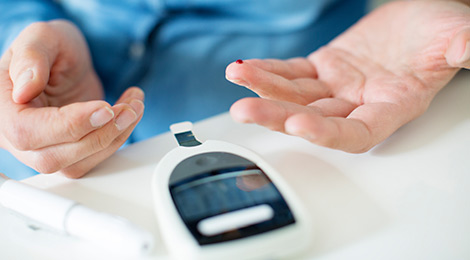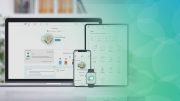By Dr Neil Polwart, Founder Novarum DX, BBI Group Head of Mobile
As the world reflects on diabetes and the highly complex global challenges it poses, it’s interesting to explore the role the diabetes community has played in revolutionising and democratising self-care; creating an inspiring blueprint for how we might manage other chronic conditions.
The diabetes community has been pioneering in embracing the benefits of self-management. The early adoption of mHealth applications have played a key role in helping patients and clinicians collect and share information and learn more about their conditions.
The clinical benefits of putting testing in the hands of patients has been obvious for many years. Since the early electrochemical glucose meters in the late ’80s and early ’90s functionality to store and track trends has been added to patients’ home glucose monitors.
Bluetooth, USB and other connectivity including capturing the results direct from the screen has become increasingly common with a number of diabetes data management systems, such as CareLink and mySugr evolving to support patients in tracking their results and medication. Those tools are increasingly looking to add additional inputs and AI (artificial intelligence) to provide decision-making support – as seen with Glooko.
Of course the benefits that are now easily delivered for diabetes are also replicable across other chronic diseases. As wearables increasingly track heart rate, body temperature and even blood pressure, we can increasingly start to understand how our lifestyles and behaviours impact our health.
While non-invasive testing is attractive from the users’ perspective, for people with chronic conditions that impact their daily life, tracking biomarkers directly relevant to their condition will find the ability to self-test extremely empowering and convenient.
Simple systems that allow patients and clinicians to track and share data is a useful starting point for potential future artificial intelligence systems that might bring truly revolutionary change to treatments and outcomes. In order to develop the most useful data, it is likely to be helpful to track a wider range of parameters not directly linked to the health condition, like activity, sleep, nutrition etc.
Increasingly diagnostic firms are looking at how they can move beyond simply providing consumable tests towards building value-added solutions around the data that the tests provide, following in the footsteps of the Diabetes testing sector.
This marks a new frontier in how we approach the management of chronic conditions, and will assist in creating a care pathway that enables and informs – building independence and patient empowerment.





